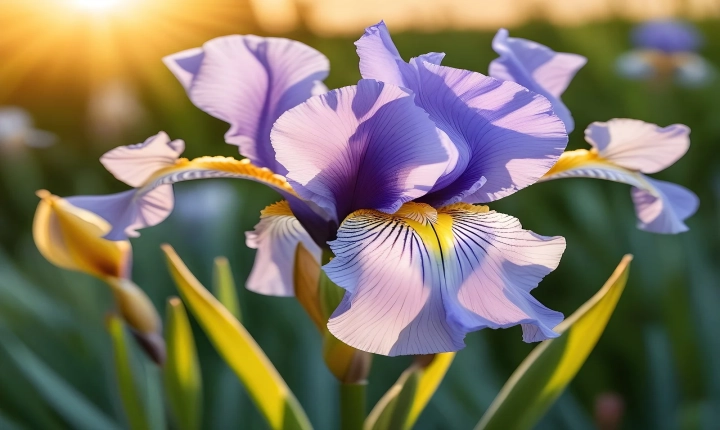Title: A Beginner’s Guide to Using AI Camera Technology
In recent years, artificial intelligence (AI) has been integrated into a wide array of technologies, and one area where its impact has been particularly pronounced is in the field of photography. The integration of AI into cameras has resulted in significant improvements in image quality, ease of use, and overall user experience. Whether you are a professional photographer or an amateur enthusiast, leveraging AI camera technology can help you to capture stunning photos with greater ease and precision. In this article, we will explore how to use AI camera technology to its fullest potential.
1. Understanding the Basics of AI Camera Technology
Before diving into the specifics of how to use AI camera technology, it is essential to have a basic understanding of what AI cameras are and how they work. AI cameras are equipped with advanced algorithms that enable them to analyze scenes, detect subjects, and make real-time adjustments to settings such as exposure, focus, and white balance. This level of intelligence allows AI cameras to produce high-quality images under a variety of conditions, from low light environments to fast-moving subjects.
2. Leveraging AI-Driven Auto Modes
One of the key features of AI camera technology is the availability of intelligent auto modes. These modes utilize AI algorithms to automatically adjust camera settings based on the scene being captured. For example, AI scene recognition can identify landscapes, portraits, food, and other common subjects, and optimize settings accordingly. When using an AI camera, take advantage of these auto modes to ensure that your photos are optimized for different scenarios without the need for manual adjustments.
3. Embracing AI-Based Focus and Tracking
In addition to auto modes, AI cameras often offer advanced focusing and subject tracking capabilities. AI-based focus can detect and lock onto subjects with remarkable accuracy, ensuring that your subjects are sharp and well-defined. Subject tracking, powered by AI algorithms, allows the camera to continuously monitor and track moving subjects, making it easier to capture action shots with precision and clarity.
4. Exploring AI-Enhanced Image Processing
AI cameras are designed to process images with a level of sophistication that was previously unattainable. AI-powered image processing can enhance details, reduce noise, and optimize color reproduction. Many AI cameras also offer features such as portrait enhancement, background blur, and intelligent noise reduction. By familiarizing yourself with the image processing capabilities of your AI camera, you can elevate the quality of your photos and unlock new creative possibilities.
5. Customizing AI Settings and Parameters
While AI cameras excel at automatic adjustments, they also provide users with the flexibility to customize AI settings and parameters. For instance, AI cameras often allow users to fine-tune the behavior of AI-driven features, adjust the strength of image processing effects, and specify preferences for subject detection and tracking. By delving into the camera’s settings, you can tailor the AI functionality to align with your individual shooting style and preferences.
6. Staying Informed About Updates and Developments
AI camera technology is a rapidly evolving field, with manufacturers continuously refining and enhancing the capabilities of their products. It is important for users to stay informed about firmware updates, new features, and advancements in AI camera technology. Regularly checking for updates and learning about new developments can ensure that you are maximizing the potential of your AI camera and taking full advantage of the latest innovations.
In conclusion, AI camera technology has revolutionized the way we capture and create images. By understanding the fundamentals of AI camera technology and exploring its diverse features and capabilities, users can harness the power of AI to capture breathtaking photos with ease and precision. As AI continues to reshape the landscape of photography, embracing and mastering AI camera technology will be integral to achieving stunning results in the digital age.
